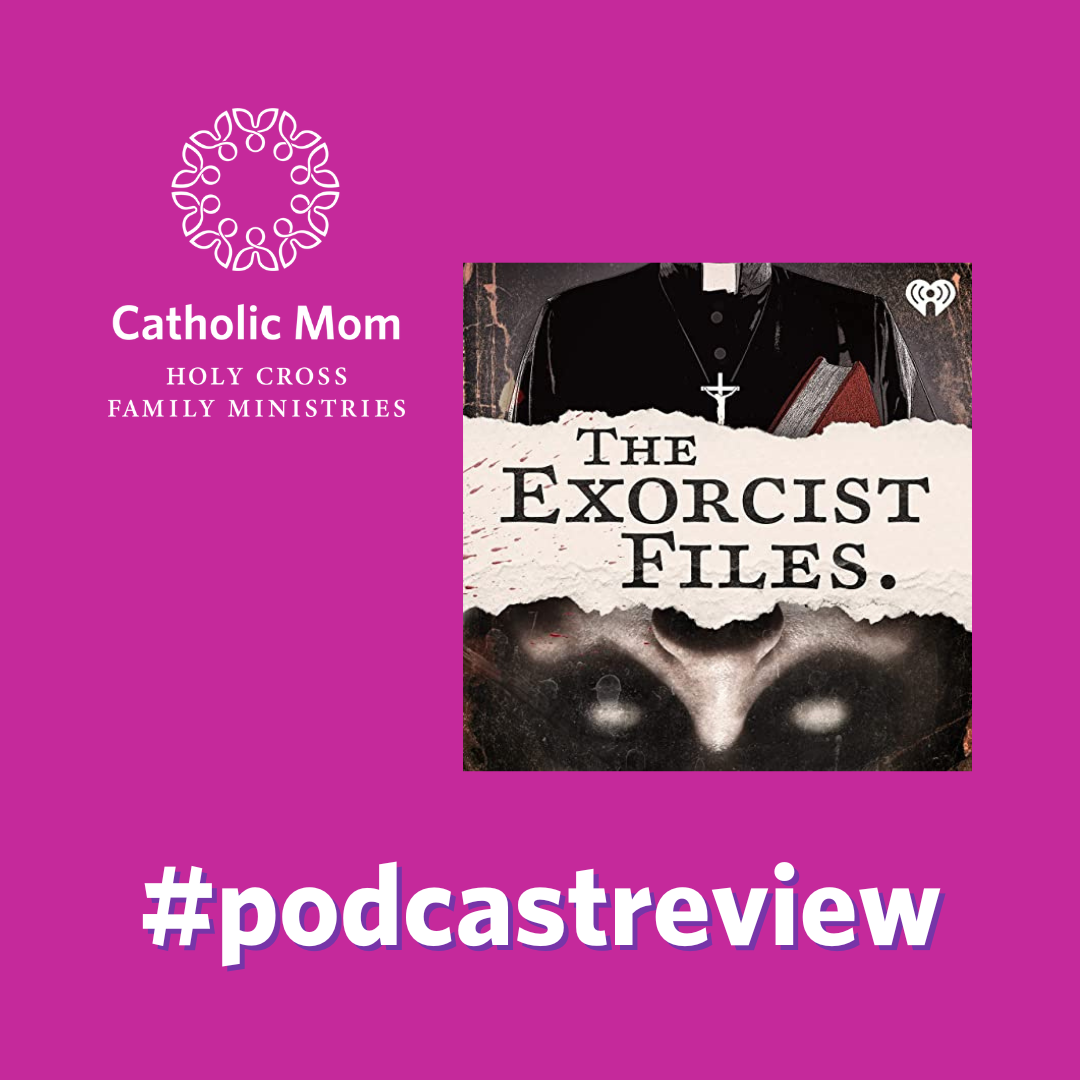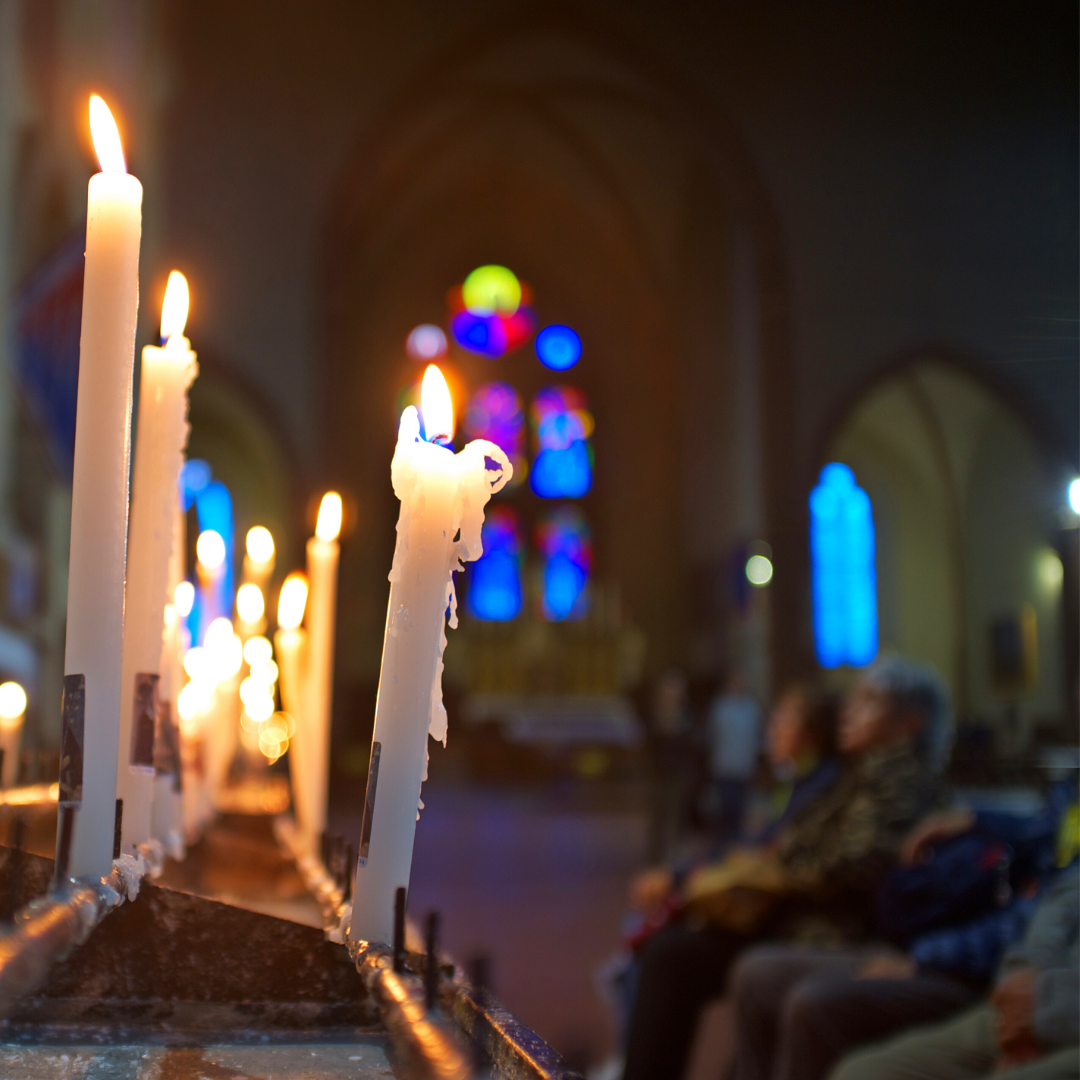This letter is free for you to read, but it wasn’t free for me to produce. If you’re interested in supporting the work of This Catholic Family, I would be honored if you would prayerfully consider upgrading your subscription. Or, you can always throw a little change in the tip jar here.
Today is the feast day of Saint Zélie Martin, and while I am no liturgical living professional, this is one of the feast days I always like to mark with a little something special.
A little bit of background on Saint Zélie. She and her husband Louis were both on a path toward religious life when they met each other and learned that God had asked them both to the vocation of marriage together. They had nine children, four of which who died while very young. Her surviving five children all went into religious life, the most well-known of which is St. Thérèse of Lisieux. She saw a lot of hardship. She and her husband are a great example of a holy marriage. She ran her own very successful lace business as well.
I learned about St. Zélie’s canonization and named our fourth baby Zelie in honor of her. Since then, St. Zelie has held a very special place in my heart, one that I lean in to and understand a bit more with each passing year of life, in particular as I grow in my understanding of my vocation as a mom.
The Temptation to Compare
Ever since becoming a mom eleven years ago, I have been fighting some sort of comparison battle inside my mind and my heart, all while trying to figure out my own identity as a mother. In the early years, the question of what should a Christian mom look like? loomed large. When I converted, I substituted the word Christian for Catholic and continued to ask.
Some of the churches we attended and people we hung out with had stronger messages for us than others. You need to stay at home, you need to homeschool, you need to coupon, you need to clean with vinegar, you need to bake your own bread, you need to not have a job, you need to have a side gig that contributes to your income, you need to remember all the liturgical things, you need to pray the rosary every day with your children, you need to keep a lovely home…these messages and more swarmed, faster and faster, louder and louder. Some of the messages contradicted other messages entirely.
Social media did not help.
Why We Recruit
Now, not all the moms I compared myself to were actively recruiting their lifestyle as the absolute only way to be a Catholic or Christian mom, they were often just sharing from their passion and joy, which is a lovely thing to behold. Some, however, were. Some of the messages were more implicit in the church or online community, but still there.
And I think I get why we as humans are sometimes tempted to take what works for us and prescribe it for others, especially in motherhood. Motherhood is so intimate, so vulnerable, and so personal. We don’t want to mess it up. It isn’t comfortable to look around us and feel like we’re the only ones doing what we’re doing. The moms I know, myself included, are often questioning our decisions on a pretty regular basis. Is it the right call to stay home? Is it the right call for me to work? The right call to homeschool/private school/public school? And the list goes on.
It can feel a lot less lonely to be part of a pack. Finding or recruiting people with likeminded philosophies says “You do what I do, and that affirms that I picked the right thing. Then I’m doing it the right way.”
A Different Path
My suggestion isn’t that we stop talking about or sharing the things we’ve found helpful, or the mothering style that brings us joy. My suggestion is that we avoid saying that the way God has asked us to live out this vocation is the way that God is asking all women to live out this vocation. And, for those of us on the receiving end, that we reframe how these messages impact us.
Turns out, St. Zélie didn’t stay home full time. She also had in-house help. She ran a business. Her kids began their education at home for a time. Learning about St. Zélie’s life helped me see that she didn’t live like any one cookie cutter Catholic mom box, and she became a Saint. Her life helped me feel free to live the unique Catholic motherhood I am called to each day.
For me, that has looked like staying home when a new baby is very young, but eventually returning to work. My jobs are usually in education, and allow me a similar schedule as the kids. The professional fulfillment makes me a better wife and mom at the end of the day. I am a creative person, and I need a creative outlet. Mostly, that outlet comes in finding time to write. I write short and long essays for the web, and I write fiction books for young readers. Sometimes I play with watercolor markers. Sometimes I read. I am also an introvert. That means I need to carve aside time to be alone. My family can tell if I’ve gone too long without a little stretch by myself, and it is okay that some alone time is important to me. When those things are in place, all the family stuff…the family dinners, the bedtime stories and prayer, the request for a push on the swing, all of that is better and richer and more vibrant because I am embracing and respecting who God made me to be as a person and therefore as a mom.
This realization, that we have never been meant to do it one specific way, completely changed my view. I was able to admire and respect the Catholic moms with particular approaches or particular strengths. Hooray for the liturgically awesome mom! The aesthetic home mom! The daily rosary mom! The homeschooling mom! And hooray for me and the mom I am too!
It was incredibly freeing to be able to separate the idea that I have to do what other moms do, and to celebrate the diversity of Catholic motherhood that exists. It was exciting to realize that doing Catholic motherhood in the way that matched the way God made me and my unique family was not going to look like a carbon copy of another family, another Catholic mom, but that all these things could be very, very good.
Some Questions For The Journey
As mothers, we can too often absorb the message of unhealthy self-denial. Yes, of course we are supposed to deny ourselves in terms of offering ourselves up for the good of another. But we also are meant to become fully who God made us to be, and the things God has put inside our hearts are intrinsically good. Intrinsically unique. And they are meant to shine.
Here are some questions to consider as we all continue on the journey toward embracing and growing into the person God made us to be.
When do you feel most alive as a person, woman, and mother? Under what circumstances do you see the world in full color? When does your heart feel so full it might just burst? When are you most grateful? What things do you long for, and what might those longings teach you about yourself? What might a life look like for you and your family that integrates your uniqueness? Whether your have felt pressure from yourself or from others, what steps can you take to let go of that now?
None of us are meant to be copies of another woman, another Catholic mom. We are all meant to be glorious and beautiful in our uniqueness. We are meant to celebrate each other, to lift each other up.
Like snowflakes, no two of us are the same.
St. Zélie, pray for us.
Amen
Want to Read More From This Catholic Family?
Sign up here to receive an email whenever we publish a new post!



































